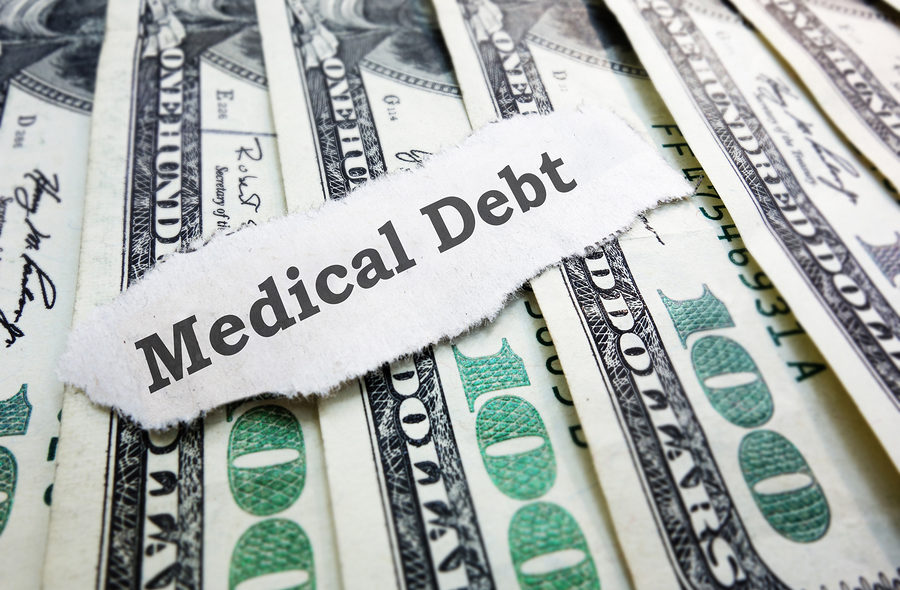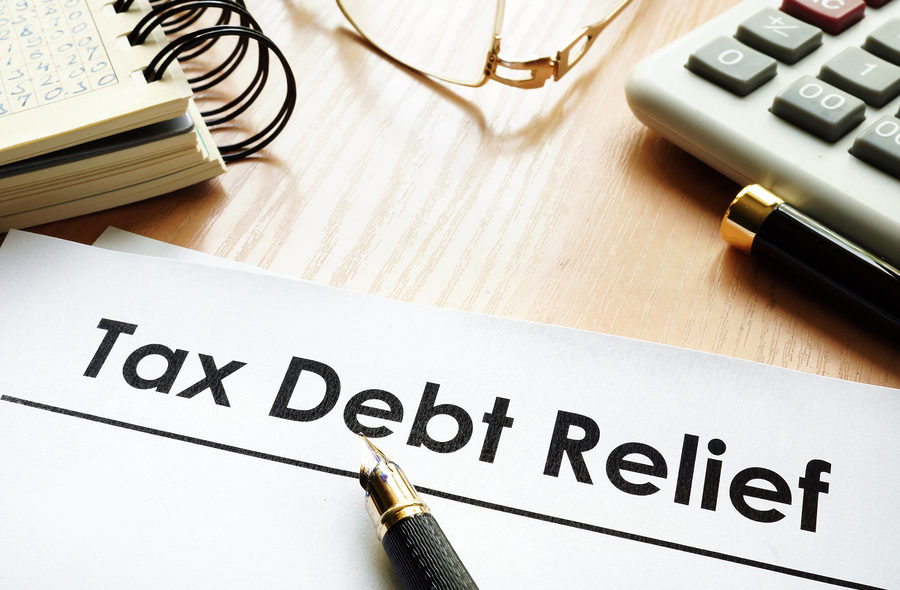When filing for bankruptcy, a common concern individuals have is how bankruptcy will affect their assets. If you are filing for Chapter 7 bankruptcy in Florida, you can use Florida bankruptcy exemptions to protect your property. In addition, residents are provided unlimited exemptions for homestead, annuities, and the cash surrender value of a life insurance policy.
Florida has one of the most generous homestead exemptions in the country. To use these exemptions, you must have resided in Florida for at least 730 days before filing your bankruptcy petition. To claim the full value of the homestead exemption in Florida, you must have owned the property for at least 1,215 days before the bankruptcy filing.
Many people are misled to believe that bankruptcy can only make problems worse by causing them to lose their home, vehicle or their ability to ever take out credit, again. This could not be further from the truth.
In fact, those filing for Chapter 7 or Chapter 13 can keep almost everything. Depending on your specific case, Florida bankruptcy laws allow you to keep the following:
- Homes
- Cars
- Retirement accounts
- Pensions
- Wages
- Personal property
- Savings
- Veteran’s or Worker’s Comp. Benefits
Type of Bankruptcy Filed
One deciding factor lies in what type of bankruptcy is being filed. Under a Chapter 7 bankruptcy case, the filer turns over assets that are not otherwise protected under Florida’s bankruptcy exemptions to the court where they are liquidated and used to pay off that person’s creditors. Depending on what falls under Florida bankruptcy exemptions, if the filer has a great deal of assets, this bankruptcy may not be ideal. With a Chapter 13 bankruptcy, the filer’s assets are not liquidated. Instead, an affordable repayment plan is prepared by the court allowing the consumer to pay down his or her debts over three to five years.
Bank Accounts
In a Chapter 7 bankruptcy case, the average filer’s bank accounts are not affected. The exceptions to this, include:
- When the filer’s bank or credit union account balances exceed the allowed exemption amount;
- When the filer owes money to the bank or credit union where the funds are deposited;
- When specific institutions implement policies to freeze the bank accounts.
The protections of the bankruptcy automatic stay, which go into effect immediately upon filing for bankruptcy halt any collection activity, garnishment, and lawsuits against you.
401(k) Accounts
If the filer has money in a 401(k) account through his or her employer, this money is considered safe for the most part. Under Florida bankruptcy law, a filer’s retirement accounts are protected so long as the 401(k) plan is qualified under the Employee Retirement Income Security Act (ERISA). Under 11 U.S.C. Section 522; Fla. Stat. Ann. § 222.21, ERISA qualified retirement plans are fully exempt, including 401(k)’s, 403(b)’s, profit sharing and money purchase plans. However, make sure the account is ERISA protected before making any assumptions.
Traditional or Roth IRA Plans
If the filer has an IRA, including a Roth IRA, this type of plan is treated differently than a 401(k) that is ERISA protected, meaning these accounts are more vulnerable in a Chapter 7 bankruptcy case. Further, any funds that are withdrawn from a retirement account are not considered protected in a Chapter 7 bankruptcy case and are considered fair game for creditors.
Other Retirement or Pension Benefits
Other financial accounts are protected under Florida bankruptcy law, including public employee retirement benefits, municipal police pensions, and firefighter pensions. Teacher retirement pensions, as well as state and county retirement benefits, are similarly protected under Florida bankruptcy exemptions.
Annuity Income
If the filer receives money through an annuity, the rules are a little different. If the annuity was funded through an ERISA-protected IRA or other qualifying account, the filer should be able to exempt up to $1,362,800 of its value, up until 2022 when it is subject to change. If the annuity is also tied to a condition of illness, disability or length of service, the money from the annuity may also be exempt. Because annuities tend to be a little more complicated, it is recommended you consult with a bankruptcy attorney regarding protecting annuity funds.
Click here to read more on this story.
If you have questions on this topic or are in financial crisis and considering filing for bankruptcy, contact an experienced Miami bankruptcy attorney who can advise you of all of your options. As an experienced CPA as well as a proven bankruptcy lawyer, Timothy Kingcade knows how to help clients take full advantage of the bankruptcy laws to protect their assets and get successful results. Since 1996 Kingcade Garcia McMaken has been helping people from all walks of life build a better tomorrow. Our attorneys’ help thousands of people every year take advantage of their rights under bankruptcy protection to restart, rebuild and recover. The day you hire our firm, we will contact your creditors to stop the harassment. You can also find useful consumer information on the Kingcade Garcia McMaken website at www.miamibankruptcy.com.
Related Resource: https://www.nolo.com/legal-encyclopedia/florida-bankruptcy-exemptions-property-assets-bankruptcy.html



